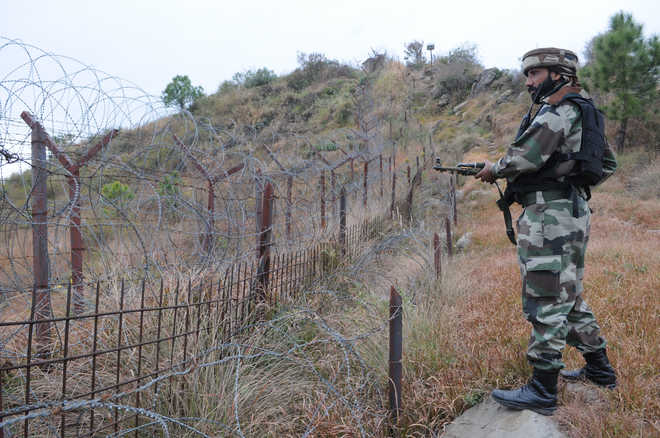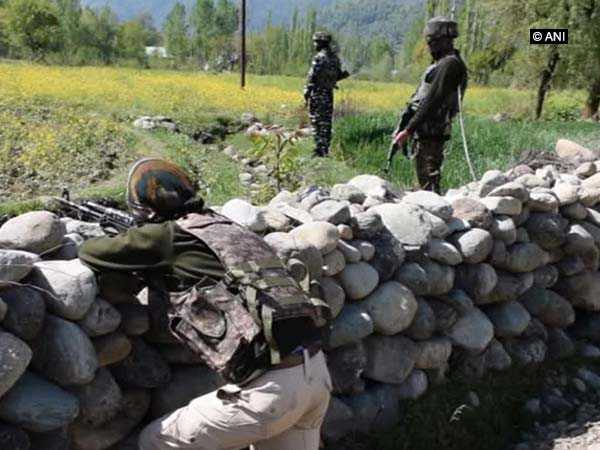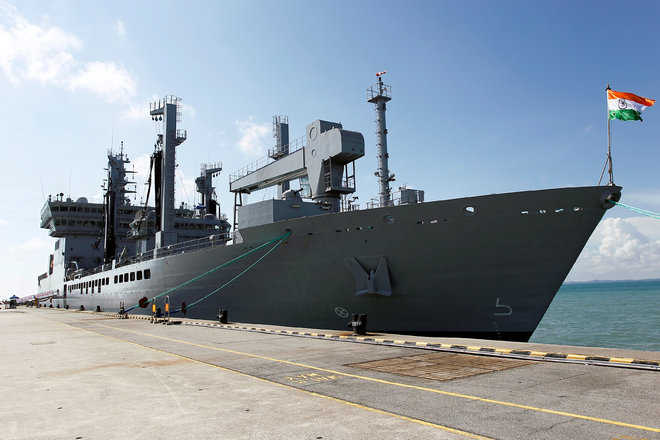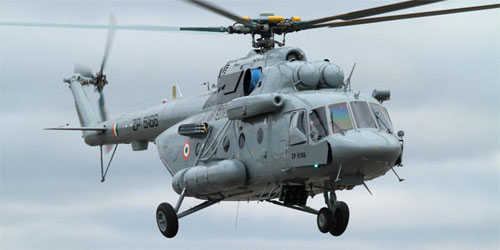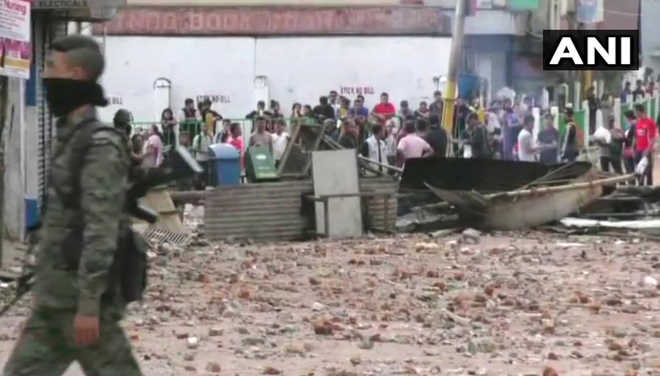
Bijay Sankar Bora
Tribune News Service
Guwahati, June 2
The Army have been asked to remain on standby in violence-hit and curfew-bound Shillong, the capital city of Meghalaya, where tension is running high following repeated attempts by mobs of miscreants to launch attack at Punjabi Lane in the Motphran area since Thursday night despite stiff resistance put up by Meghalaya police.Chief Minister Conrad Sangma has assured his Punjab counterpart Capt Amarinder Singh on safety of Sikh community and their religious institutions in Meghalaya.Meghalaya Director General of Police, S B Singh today said, “The situation is now totally under control while curfew remains clamped in several localities in the city since yesterday. The night curfew will continue to remain imposed in the entire city during 10 pm to 5 am.”The DGP said police were on high alert and doing everything possible to protect the people living in Punjabi Lane locality which is inhabited by about 700 Sikh families. Internet services have been blocked in the city to prevent rumour mongering in social media. A group of youth from Punjabi Lane area has been on guard to protect the lives and property in the area where miscreants lobbed petrol bombs on more than one occasion since Thursday night defying police resistance.Meghalaya Home Minister James K Sangma has appealed to the people to maintain peace and harmony in the violence-hit state capital city.Violence broke out in the city on Thursday night following clashes between two communities over an incident of eve-teasing and subsequent assault of a person from a particular local community on Thursday morning. Police swung into action to prevent escalation of clashes and spread of violence to other parts of the city. Police resorted to baton charge and bursting of tear gas shells to disperse a mob of about 200 persons on Thursday night from Punjabi Lane at Motphran, braving incessant stone pelting by the unruly mob.The state government has reviewed the security situation in Shillong following which the state home minister James K Sangma assured the people that the government was closely monitoring the prevailing situation and had taken all measures to restore peace.The Deputy Commissioner of East Khasi has been directed to hold a meeting with senior citizens and NGOs to resolve the issue. He also appealed the citizens of the state not to fall prey to false reports propagated in social media.Meanwhile, Meghalaya Chief Minister Conrad Sangma called up his Punjab counterpart, Captain Amarinder Singh late Friday night to assure him of safety of Sikh community and their religious institutions in Meghalaya in the wake clashes that broke out in Shillong.According to a statement issued by the Punjab government, Conrad Sangma apprised the Punjab CM of the situation in the state in the wake of communal violence reportedly triggered by a minor incident and tried to allay any apprehension of Sikhs being under attack.Sangma assured Captain Amarinder that there was no damage to any gurdwara or other institutions belonging to Sikhs in Meghalaya.The Punjab Chief Minister expressed concern over the developments and hoped that situation would not escalate further.The Meghalaya Chief Minister said he was personally monitoring the situation to ensure that there was no further trouble or fresh incident that could escalate tension.





















































